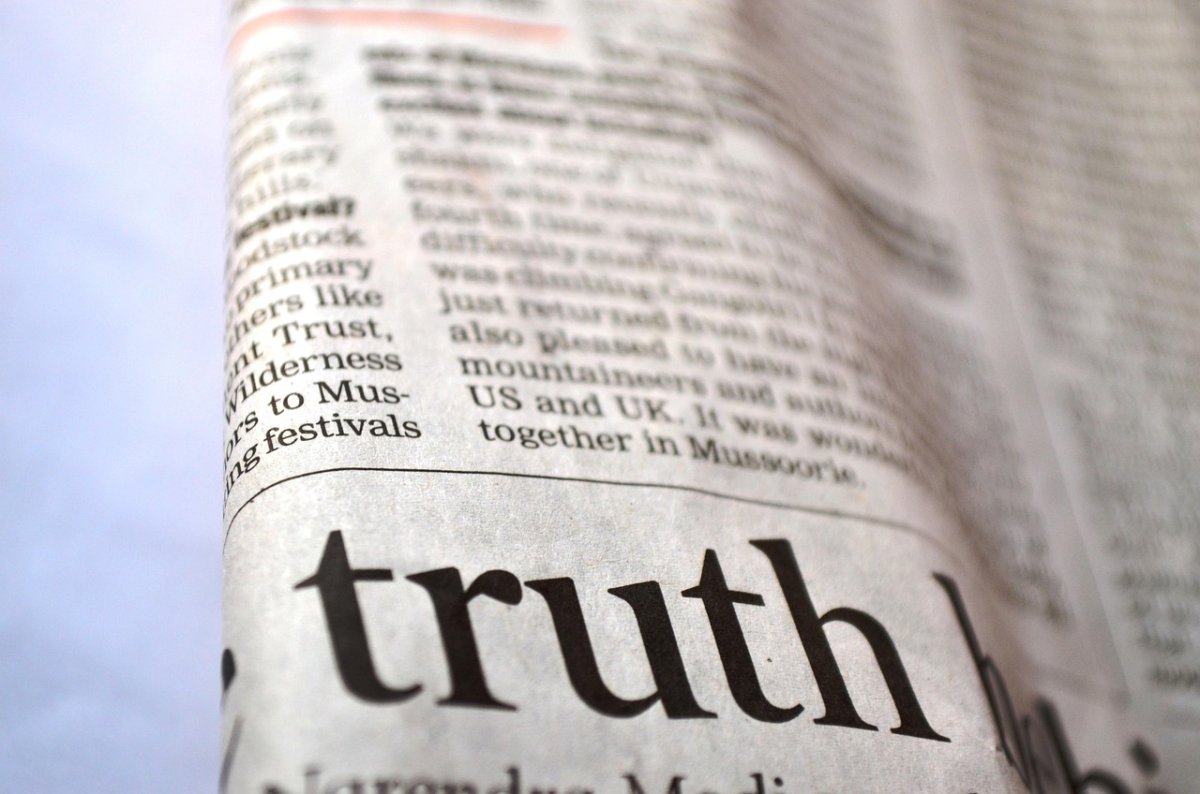by Eirini Polydorou
The closing of the Commission's open dialogue on the European Democracy shield couted 3958 and 1574 valid responses, respectively to the public consultation and call for evidence. Approximately 90% of the feedback was provided by EU citizens. The rest of participants included media advocacy organisations, NGOs, academic institutions, businesses, environmental organisations and public authorities.
Ensure Jounralists' Safety
A major concern expressed by media representatives was media workers' safety. They especially highlighted the rising misuse of spyware legislation to target journalists and the alarming increase of threats against journalists.
“In 2024 Europe saw a disturbing rise in threats against media workers. MapMF documented 1548 violations-a significant rise compared to 1153 violations in the previous year”, as stated by the European Centre for Press and Media Freedom (ECPMF).
Against this trend, one of the top priorities as suggested by media participants was to include in the European Democracy Shield the timely and proper national transposition of the provisions in the European Media Freedom Act, due for August 2025 and the Anti-SLAPPs Directive, expected in May 2026.
Provide Funding for Media Independce and Media Innovation
Media organisations called for funding schemes to support media pluralism and independent media organisations. One such mechanism is “a European fund for journalism”, as suggested by Article 19, or a “Sustainable Funding at arms' length, with long term strategies to support independent media, especially at the local level with news deserts”, as said by the European Federation of Journalists.
Media stakeholders also called for funding for public media which are “facing an existential crisis”, as stated by the International Fund for Public Interest Media.
The European Broadcasting Union (EBU) called among others for targeted support enabling innovation in the European public media service, which “alone invests EUR 21 billion in content every year… Europe needs to seriously accelerate its efforts to facilitate media innovation with the latest digital technology to ensure trustworthy media and information can be available to every citizen, in their language, in the future”.
Special Focus on Big Techs and AI
AI implications and accountability for big tech platforms against the creation of coordinated disinformation networks was another issue of focus among participants in the consultations.
“AI-generated content replaces original reporting and reduces traffic to trustworthy news sources. ECPMF reiterates calls for limiting Big Techs influence in decision-making processes, including in shaping AI regulation”, as highlighted by the European Centre for Press and Media Freedom.
Next Steps in Autumn 2025
“We have just concluded the public consultation phase” said Michael McGrath, Commissioner for Democracy, Justice, the Rule of Law and Consumer Protection in the context of a relevant Structured Dialogue with the LIBE Committee in the European Parliament, yesterday 4 June. He also verifyied expectations for the publication of the Commission's proposal on the European Democracy Shield in the third semester of 2025.
Background
The European Democracy Shield is a policy framework that aims at strengthening EU democracy against external and internal threats. It is introduced in response to rising challenges against democracy, the rule of law and fundamental rights, such as information manipulation, disinformation and electoral interference.
The new initiative builds on previous relevant policies, such as the European Democracy Action Plan (2020) and the Defence of Democracy Package (2023).
Image 1 @PDPics for free use under the Pixabay Content Licence








